Can Essential Oils Help Recover A Loss Of Smell And Taste?

Imagine you’re cooking dinner one night, and as you’re getting into chopping and prepping, you notice that something is off. As you begin to heat up the food, it’s not the same. You finally go to taste test what you’re making, and then it hits you. Your ability to smell and taste are noticeably lacking.
While it may not be regarded as a serious health concern, the loss of smell and taste can negatively affect your appreciation of food and drink, reduce your ability to perceive safety threats (such as smoke and spoiled food) and overall lower your quality of life.
With an onslaught of record breaking respiratory illnesses, many are temporarily losing their ability to taste and smell. For us aromatherapy users, this begs the question, can essential oils help recover the loss of smell and taste? And also, do essential oils even work when you can’t smell them? We uncover the answers to these questions and more in this short guide.
How Loss of Taste And Smell May Occur
There are two types of smelling loss–complete loss of smell (also called “anosmia”) and partial loss of smell (also called “hyposmia”). Loss of taste is estimated to be linked to loss of smell 95% of the time. Therefore, less research is available on loss of taste since it’s assumed to be linked to loss of smell
Losing your ability to smell or taste can be caused by a variety of health factors. Most commonly, these include:
COVID-19
One lesser known symptom but growing concern with COVID-19 is that it may cause anosmia and loss of taste. A MayoClinic study found that an average of 41% of COVID-19 patients they spoke to had experienced a loss of smell or taste. The CDC has also stated that a study of COVID-19 patients with anosmia experienced the symptom for an average of 8 days.
It was initially believed that anosmia caused by COVID-19 was a result of the virus directly bonding to nerve cells in the nose, but a recent study found that this may not be so. Rather, the COVID-19 virus may indirectly cause anosmia by binding to non-neuronal cells in the nose, disturbing odor perception. Still, more research is being done to gain a better understanding of anosmia caused by COVID-19.
Allergies, Common Cold & Upper Respiratory Infections (URIs)
Temporary anosmia is estimated to be a symptom of 60% of common cold cases. In cases of the common cold, URIs and allergies, anosmia is most often linked to inflammation in the nose.
Related to anosmia caused by the common cold is the use of cold products that contain zinc. In 2009 the FDA issued warnings to consumers that zinc products, such as gels and swabs, meant to be applied in the nose can result in loss of smell. Similarly, abusing nasal decongestants can also result in anosmia.
Congenital Anosmia
While it’s not quite common with it affecting 1 in 10,000 people, some may be born without the ability to smell. This estimation may be complicated, however, by the fact that congenital anosmia often goes unnoticed until late childhood. This is known as “congenital anosmia” and it can be caused by a variety of factors. Causes of congenital insomnia may include:
-
Genetics
-
Abnormal development of nasal cavity
-
Malformation of in the part of the brain that processes scent
-
Disruption in the pathway that carries scent to the brain
Studies are still underway, but at this time there is no known treatment for those with congenital anosmia.
Neurodegenerative Disease
While unlikely, anosmia and hyposmia may be an early symptom of neurodegenerative diseases such as Parkinson’s and Alzheimer’s.
Doctors believe that anosmia related to Parkinson’s may be caused by a build-up of the protein alpha-synuclein in the olfactory bulb–part of the brain where smell is processed–and the gastrointestinal system. It is also suspected that breaking up this build-up of protein may prevent anosmia.
Age
Loss of smell is common as we age, but anosmia may also be caused by any of the above symptoms, including a worsening of allergies, nasal blockages, nose polyps, and more
Luckily, in the case of age-related anosmia, loss of taste hardly ever declines.
In any case, we recommend seeing a doctor if you’re experiencing a loss of smell or taste that is not related to a common cold or allergies.
Can Essential Oils Help Regain Sense of Smell And Test?
Olfactory training with essential oils first took off with a study performed by German doctors in 2009. The study involved four different scent types–floral, fruity, spicy and resinous–represented by Rose, Lemon, Clove and Eucalyptus oil. Anosmic participants were instructed to smell each oil for ten second intervals, twice daily for 12 weeks. The results were very positive, prompting others to further study olfactory training with essential oils.
In fact, doctors from Stanford and Emory University set out to perform this same clinical study years later on those experiencing post‐infectious and idiopathic olfactory loss. They used the same oils, but allowed anosmic participants to choose their preferred essential oil concentration. Similar to the German study, the outcome was positive, with participants in the olfactory training group having better results than those in the control group. Doctors found that there was no difference between allowing participants to choose their own oil concentration versus other studies in which oil concentrations were controlled.
While these four oils are known to work when it comes to olfactory training, professor of otolaryngology at Washington University, Jay F. Piccirillo, believes that there are other essential oils which can be used for this purpose.
With the uptick of COVID-19, many are wondering if olfactory training will work for those experiencing anosmia for longer than the average 8 days, and at this time we don’t necessarily know. Luckily, doctors and scientists like Piccirillo are already looking to essential oils as a potential aid for anosmic COVID-19 patients. Piccirillo currently has a clinical trial in the works which is expected to begin later this year.
Do Essential Oils Work If You Have Anosmia?
Essential oils may help you overcome anosmia, but do they still work while you have anosmia? Here’s what the experts are saying.
-
A 2013 study observed Lavender’s effects on anosmic participants. Anosmia was induced by applying zinc products in the nose. Inhalation of 2.5% and 5% Lavender revealed that the essential oil still had an anxiety-reducing effect on participants, despite anosmia.
-
Aromaweb, a lead resource in aromatherapy education, agrees with the above study–that essential oils contain therapeutic components that work despite anosmia. They illustrate this by likening it to smoking–whether or not you can smell the tobacco, nicotine products are still detrimental to use.
-
Aromatherapist, Robert Tisserand has also weighed in on the anosmia and aromatherapy debate, stating that essential oils may no longer have a psychological effect with anosmia (i.e. uplifting, calming), but they still do have a physiological effect (i.e. anti-inflammatory, muscle relaxant, sleep inducing).
Olfactory Training With Essential Oils
Need a practical application for retraining your nose and taste buds to work again? Follow these steps:
-
Choose four oils–one for each aroma category: floral, fruity, spicy, minty. If you need help deciding, try our Shop By Use or Aroma tool.
-
Commit to a start and end date for your training. The training should last 12 weeks, but if you find your sense of smell and taste improves before that, you can end training earlier.
-
Inhale each oil for 10 seconds with a 30 second break between oils. This should be done twice daily, in the morning and at night
-
Keep a journal to write down your progress and rate your ability to smell on a scale of 1-5.
While doctors believe that the above training can improve both your sense of smell and taste, you can also perform similar training with foods to exercise your taste buds.
If you run into roadblocks or have further questions, consult with your doctor and an aromatherapist about olfactory training.
Staying In Good Health
One way to prevent anosmia is by staying in good health. This starts with following CDC guidelines, practicing proper hygiene, eating well, exercising and getting enough sleep. To give yourself a leg up, you can also try our array of immune boosting synergy blends, our non-toxic FDA approved hand sanitizer and our blends for sleep. You can also find endless tips and info on our blog. However you choose to fend off sickness, we wish you health and happiness.
Sources:
-
Temmel, Andreas F. P. “Characteristics of Olfactory Disorders in Relation to Major Causes of Olfactory Loss.” Olfaction and Taste | JAMA Otolaryngology–Head & Neck Surgery | JAMA Network, 1 June 2002, jamanetwork.com/journals/jamaotolaryngology/fullarticle/482893.
-
Seladi-Schulman, Jill. “Can a Loss of Taste and Smell Be a Symptom of COVID-19?” Healthline, 12 Oct. 2020, www.healthline.com/health/coronavirus-loss-of-taste-loss-of-smell.
-
Agyeman, Akosua Adom. “Smell and Taste Dysfunction in Patients With COVID-19: A Systematic Review and Meta-Analysis.” Mayo Clinic, Aug. 2020, www.mayoclinicproceedings.org/article/S0025-6196(20)30546-2/pdf.
-
Tenforde, Mark. “Symptom Duration and Risk Factors for Delayed Return to Usual...” Centers for Disease Control and Prevention, 30 July 2020, www.cdc.gov/mmwr/volumes/69/wr/mm6930e1.htm.
-
Brann, David. “Non-Neuronal Expression of SARS-CoV-2 Entry Genes in the Olfactory System Suggests Mechanisms Underlying COVID-19-Associated Anosmia.” Science Advances, 31 July 2020, advances.sciencemag.org/content/6/31/eabc5801.
-
“Had a Cold and Now You Can’t Smell Anything?” Berkeley Wellness, www.berkeleywellness.com/self-care/preventive-care/article/had-cold-and-now-you-cant-smell-anything.
-
“Congenital Anosmia | Genetic and Rare Diseases Information Center (GARD) – an NCATS Program.” Genetic and Rare Diseases Information Center, rarediseases.info.nih.gov/diseases/9486/congenital-anosmia. Accessed 2 Jan. 2021.
-
“Olfactory Dysfunction (Loss of Smell Sense).” European Parkinson’s Disease Association, www.epda.eu.com/about-parkinsons/symptoms/non-motor-symptoms/olfactory-dysfunction-loss-of-smell-sense. Accessed 2 Jan. 2021.
-
Harvard Health Publishing. “Is It Normal to Lose My Sense of Smell as I Age?” Harvard Health, Sept. 2017, www.health.harvard.edu/mens-health/is-it-normal-to-lose-my-sense-of-smell-as-i-age.
-
Boyce, J. M. “Effects of Ageing on Smell and Taste.” PubMed Central (PMC), 1 Apr. 2006, www.ncbi.nlm.nih.gov/pmc/articles/PMC2579627.
-
Hummel, Thomas. “Effects of Olfactory Training in Patients with Olfactory Loss.” Wiley Online Library, 1 Mar. 2009, onlinelibrary.wiley.com/doi/abs/10.1002/lary.20101.
-
Patel, Zara M. “Randomized Controlled Trial Demonstrating Cost‐Effective Method of Olfactory Training in Clinical Practice: Essential Oils at Uncontrolled Concentration.” PubMed Central (PMC), 1 Apr. 2017, www.ncbi.nlm.nih.gov/pmc/articles/PMC5527365.
-
SHAPOURI, BETH. “The Weird World of Olfactory Training.” Allure, 17 Nov. 2020, www.allure.com/story/olfactory-training-smell-loss-covid-19.
-
Chioca, Lea. “Anosmia Does Not Impair the Anxiolytic-like Effect of Lavender Essential Oil Inhalation in Mice.” PubMed, 30 May 2013, pubmed.ncbi.nlm.nih.gov/23567808.
-
Aromaweb. “Aromatherapy and Anosmia - Loss of the Sense of Smell | AromaWeb.” Aromaweb, www.aromaweb.com/articles/aromatherapy-anosmia-loss-sense-of-smell.asp. Accessed 2 Jan. 2021.
-
Tisserand Institute. “Aromatherapy | Does It Still Work If You’ve Lost Your Sense of Smell?” Tisserand Institute, 7 July 2020, tisserandinstitute.org/learn-more/aromatherapy-smell.
Grab The Essentials Here:
Leave a comment (Comments will be approved before showing up)
4 comments
Edens Garden
Hi Annemarie! We look forward to hearing your feedback 😊
Annemarie Cooper
My friend and I have both lost our sense of smell and taste after starting the diabetes drug Metformin. Mine partially and hers is totally. I will try this training to regain my sense of smell with the 4 essential oils that you recommend. I will tell you the results after the 12 weeks.
Samantha Wisnewski
My husband had read about retraining your ability to smell. My son had COVID and lost his sense of smell and taste. I was diffusing eucalyptus and peppermint together and he’d get in the steam and breathe deep. After a few days he could slightly smell and about a week later he took a whiff and got a nose full of smell. To be fair, he also would inhale the food he would eat, trying to get a smell out of it. He was diligent in this. I believe in the healing from essential oils. I’m not a doctor or anything, but I believe it helped him recover his sense of smell and taste quicker.



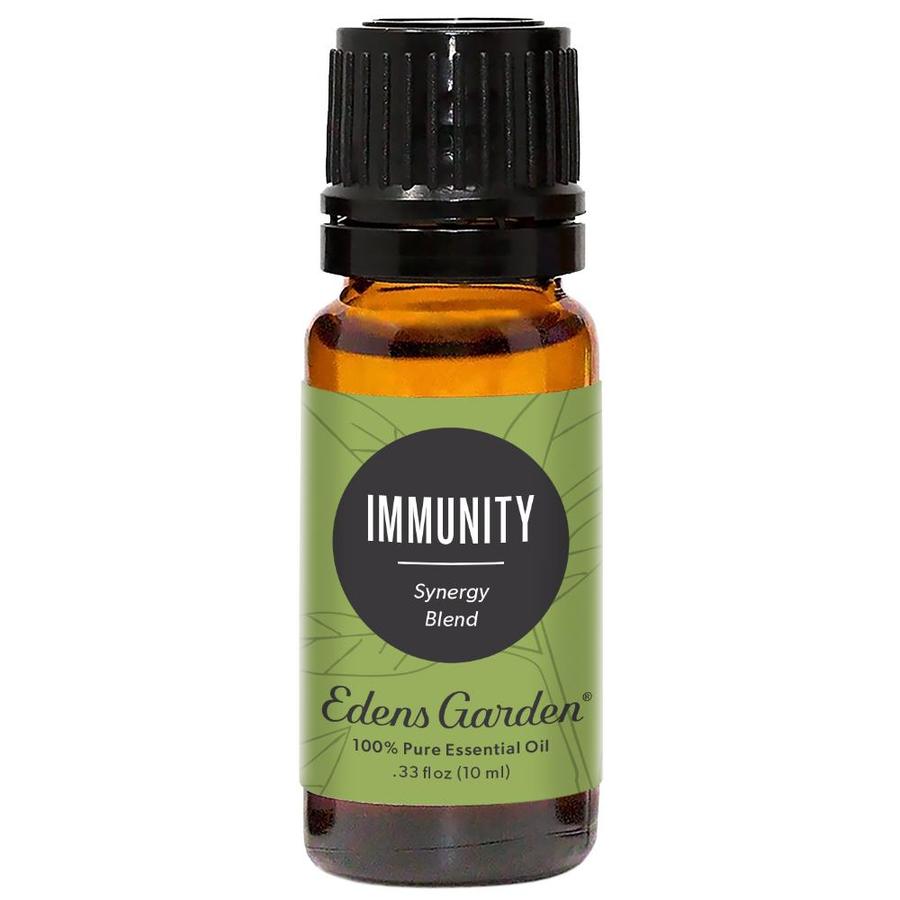
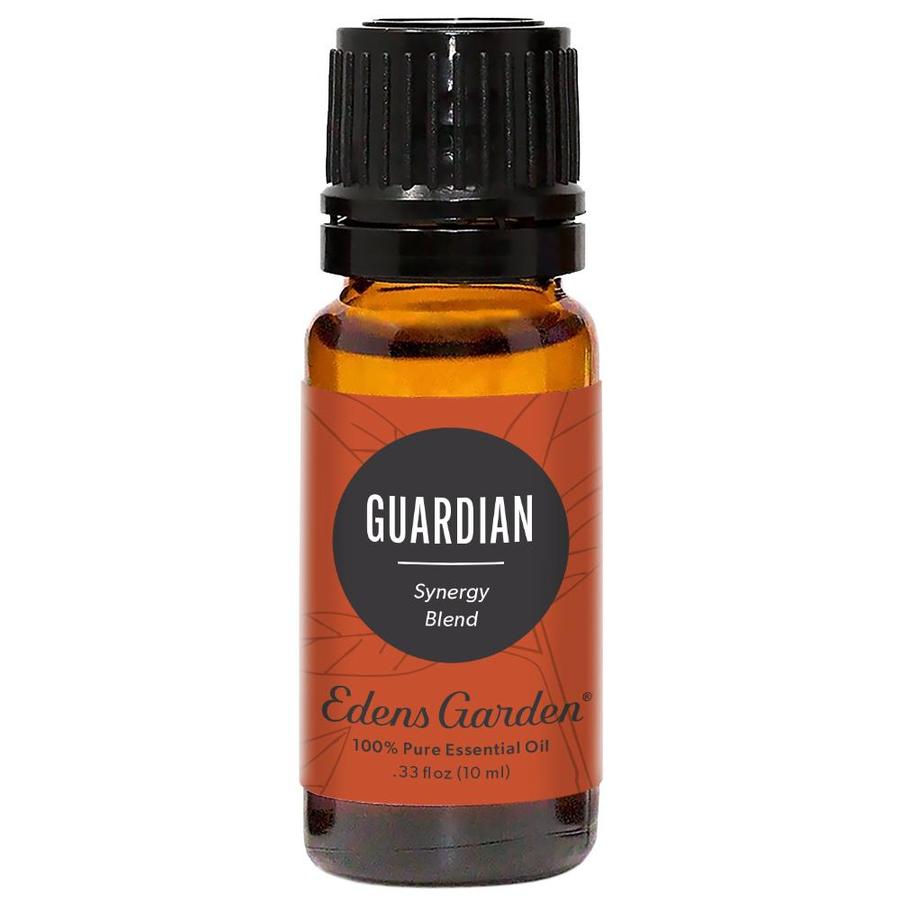
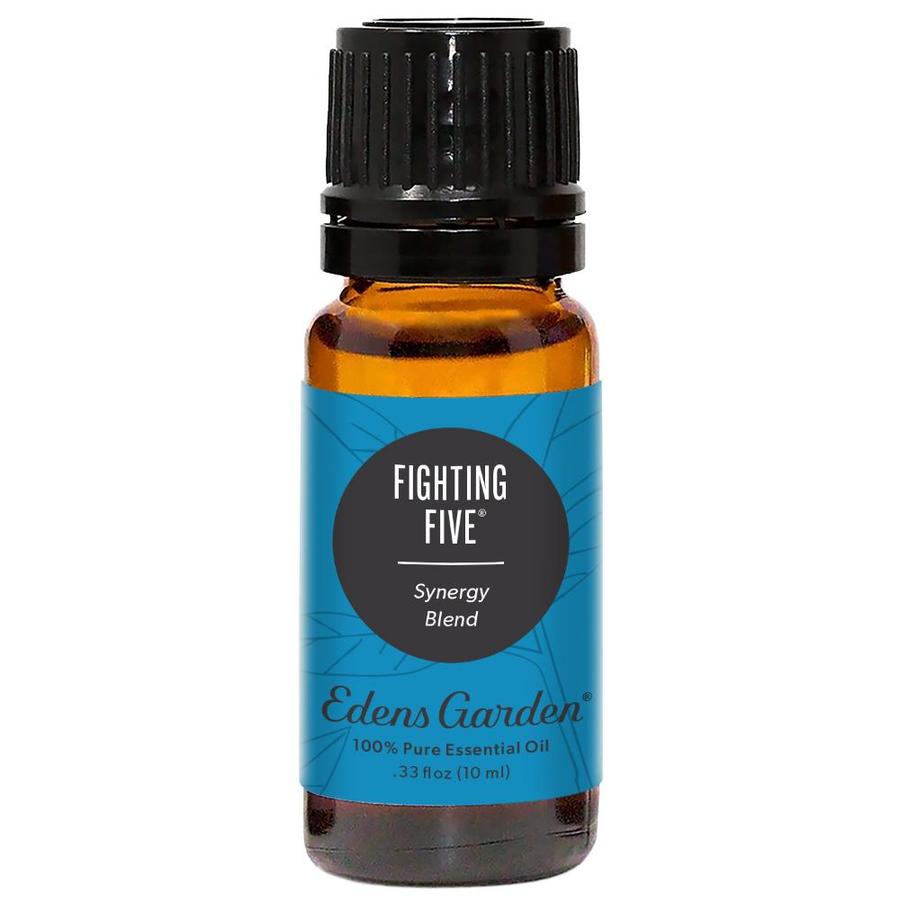
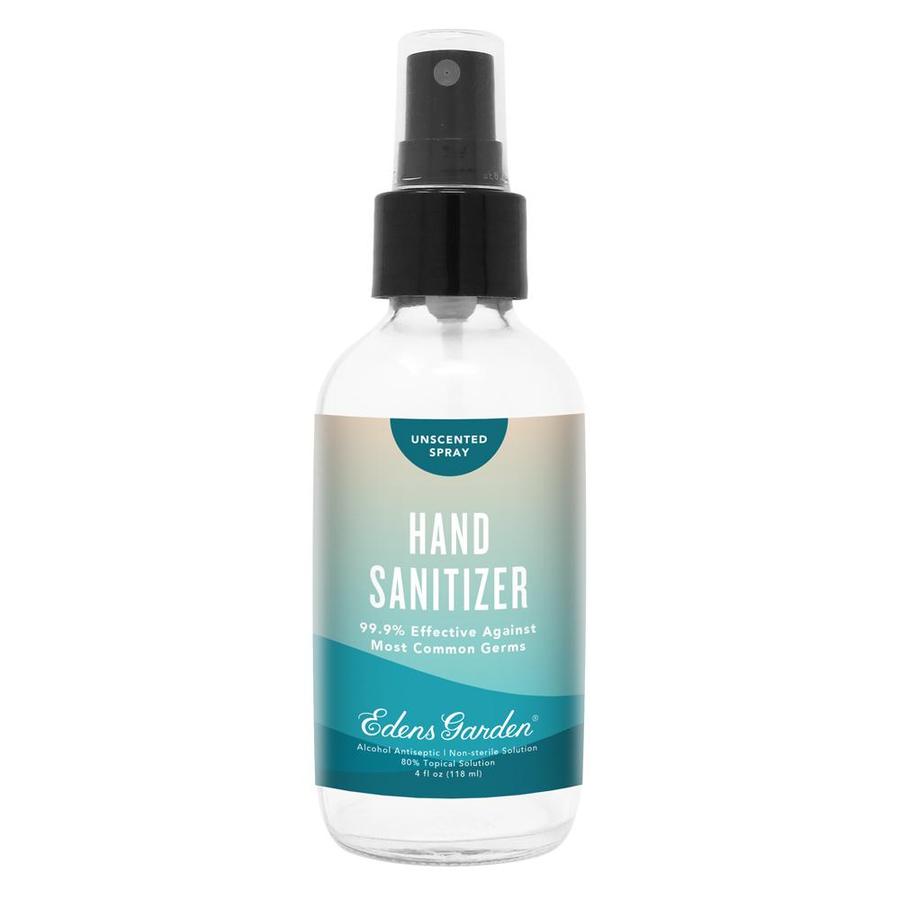

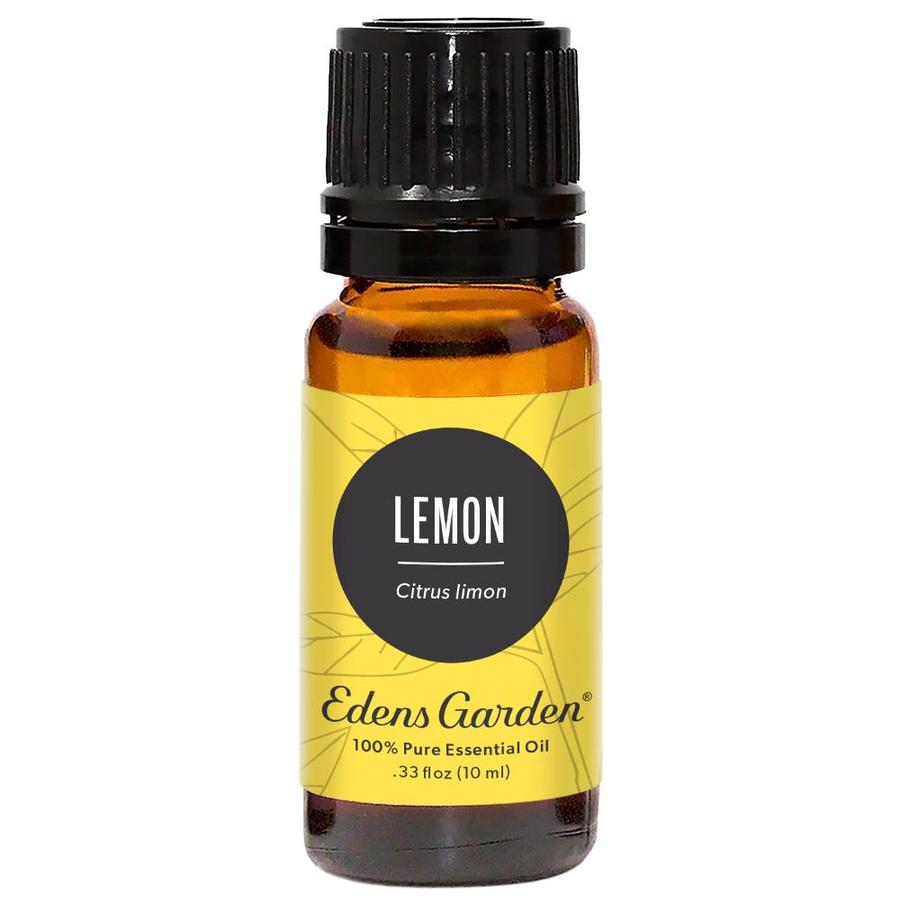
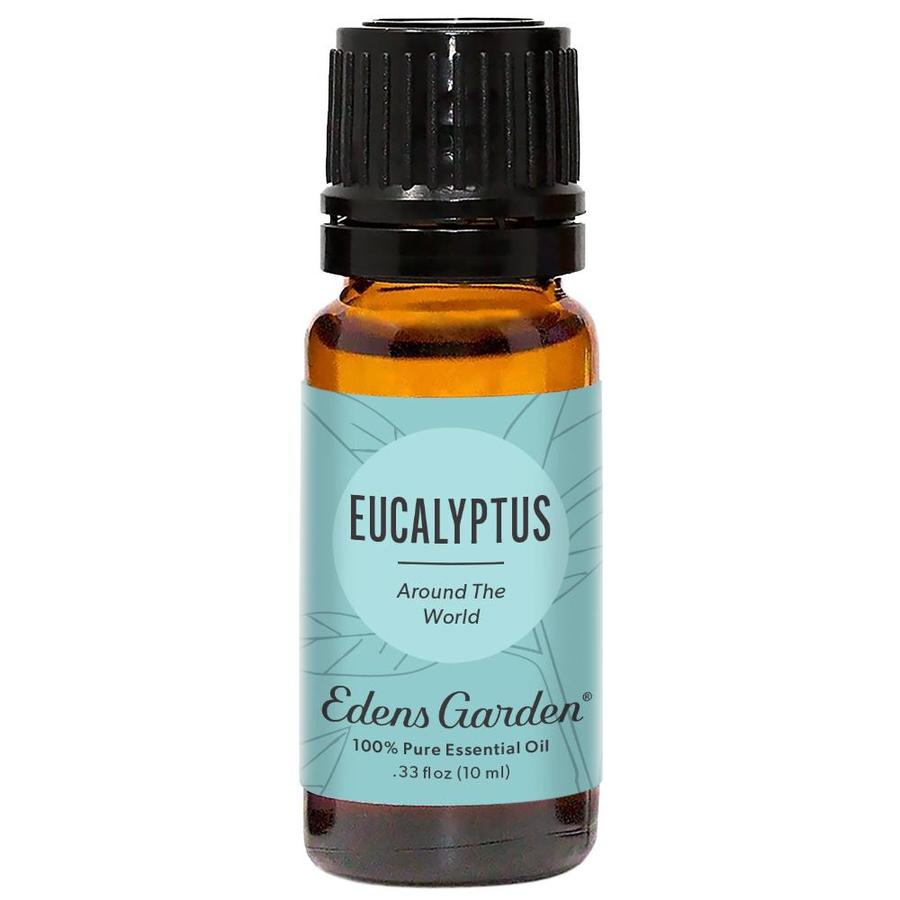



Joy Donovan
February 1, 2021 at 11:24 am
Smell Training worked is working for me. I lost my taste and smell due to COVID-19 almost a yr ago (Before we knew anything about it). It has been a very depressing and on one occasion a determent to my health. I love smells so much I have a cabinet filled with candles and essential oils for my defusers. Not smelling what I once loved so much and would take me back in time to a wonderful memory is the saddest part of all. But then there was the day I went out for breakfast. I was not enjoying anything except the company of my family. Can you imagine eating a beautiful crispy piece of bacon…and you taste nothing? Coffee is nothing but a hot liguid in your mouth. And then came eggs…I was about 7 bites into nothing but texture in my mouth. For a strange reason (which can only be explained to be God’s leading) I asked my husband to taste my eggs…he spit it out quickly and ordered me to stop eating. He said it tasted like strong chemicals. I had no idea. This became a fear. Cooking for my family is completely different when you can’t taste as you go. Doing the essential oils has truly helped me. It was so depressing to hold lemon, eucalyptus, clove, lavender to my nose and inhale as much as I could… nothing. My smell and taste still comes and goes…sometimes I can smell something but it is the wrong smell or taste that my brain knows it to be. Currently eucalyptus smells like amonia. I get excited when something smells or tastes correct. I hope you will give essential oils a good try. It has been a blessing for me.